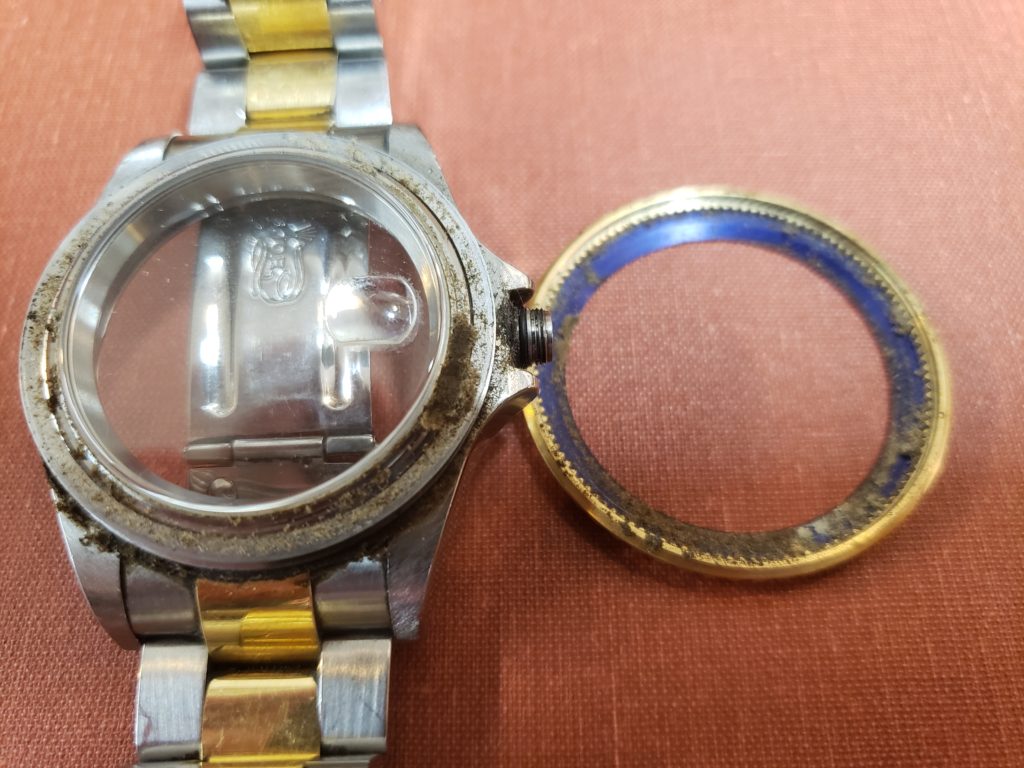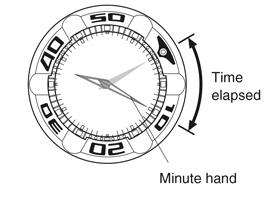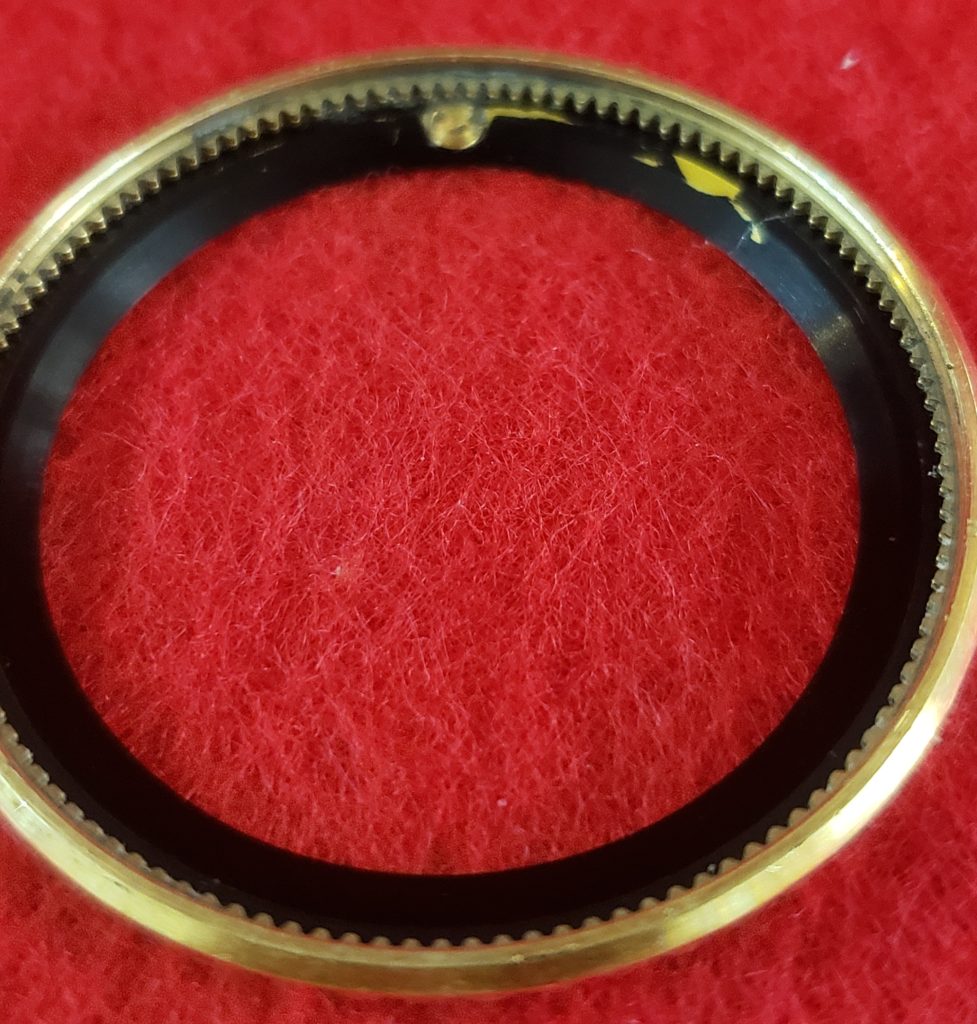Measuring time with a rotating bezel is actually a lot easier than you might think. With a unidirectional bezel, you simply spin the bezel counterclockwise so that you can count elapsed time.
The added assurance that the bezel can only move one way means that even if you do manage to knock it out of place, it will only ever appear as though you spent more time underwater, not less. On the other hand, a bidirectional rotating bezel moves both ways, allowing you to either track the amount of elapsed time or count down from a set time (up to 60 minutes).
Analog diving watches will often feature a rotating bezel that allows for an easier reading of elapsed time of under one hour from a specific point. Before a diver’s descent, the 12 o’clock bezel marker is aligned with the minute hand, allowing the elapsed time, up to 60 minutes, to be read on the bezel. A unidirectional, ratcheting construction ensures the time already spent underwater would be indicated as longer than actually spent if accidentally moved.
Bidirectional vs. unidirectional rotating bezel
While the first rotating bezels produced at the beginning of the 1950’s for dive watches were bidirectional, Blancpain presented the first unidirectional bezel on its iconic Fifty Fathoms diver in 1954.
How a unidirectional bezel works
A unidirectional, ratcheting construction ensures that – if the bezel is accidentally moved – the time already spent underwater would be indicated as longer than actually spent, providing the diver with a safety reserve for his now more imminent ascent. Since the bezel only moves in one direction (counter-clockwise) the chances of mistakes are greatly reduced.

How the bezel click spring works on a unidirectional bezel
The most common reason the bezel wont turn

Divers watches are very popular today, most never go near the water, but the rotating bezel can be used for most any timing job.
CHARLEY PHOTO OF THE WEEK: Charley put herself to bed once the thunderstorms started rolling in. She’s looking forward to a couple days off before starting off the first year of her master’s program.






